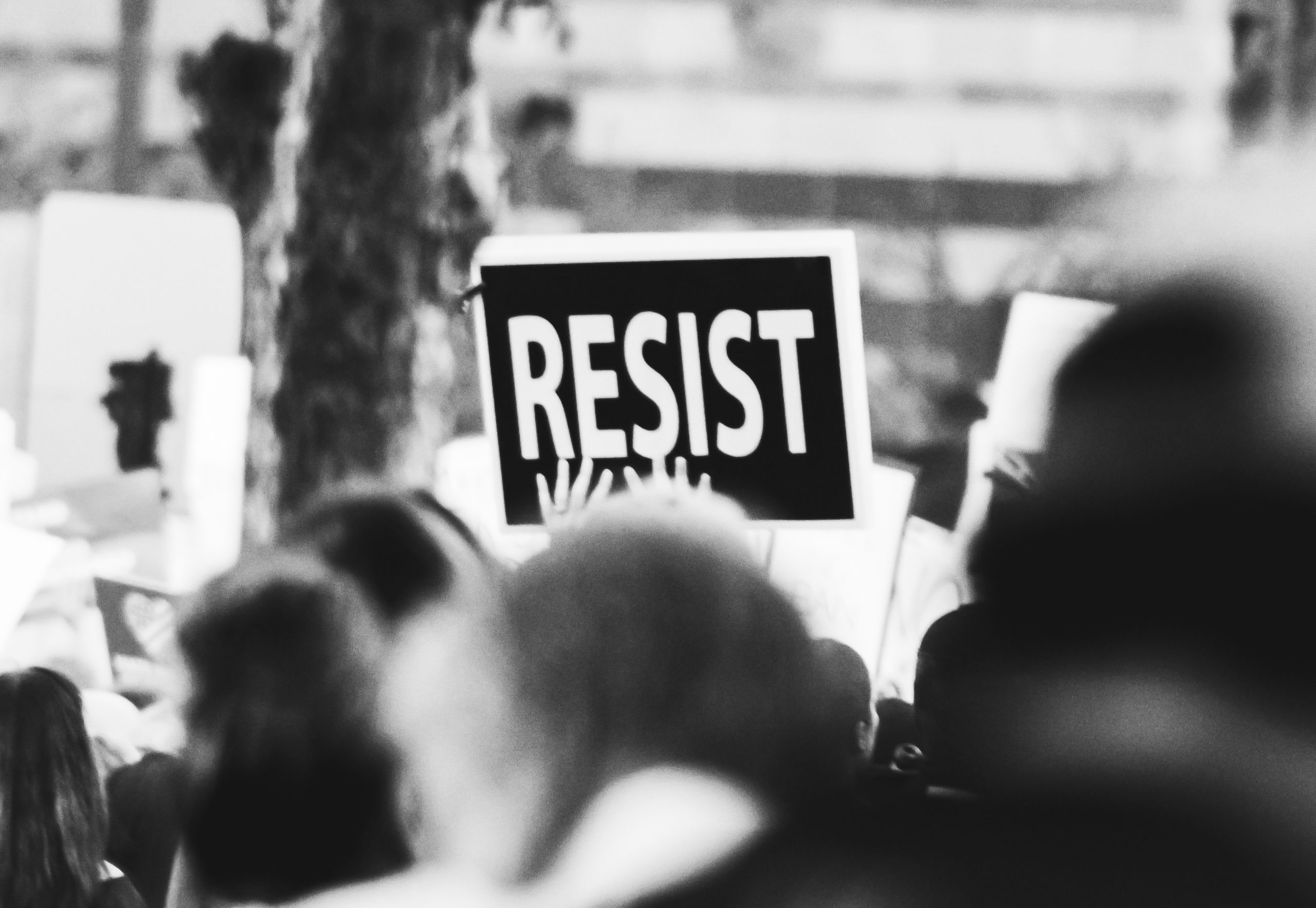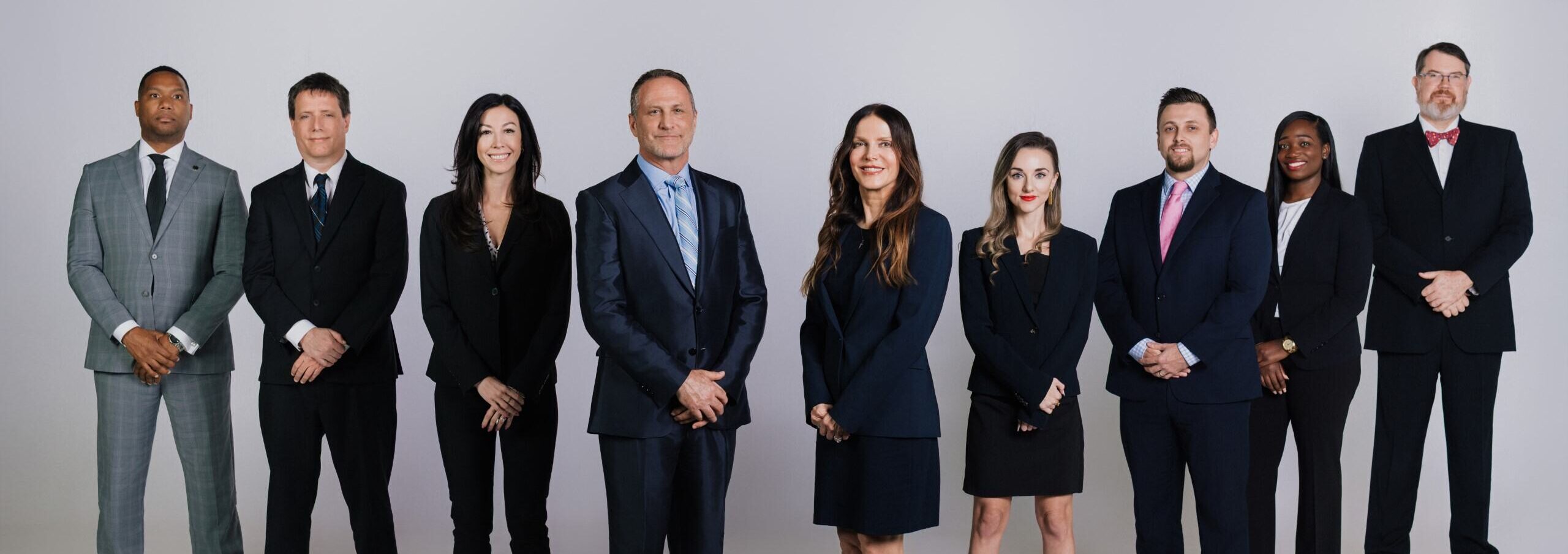
What Kind of Protesting is Still Permitted in Florida?
In the United States, the freedom of speech and protest is a constitutional right provided by our government. Generations of American citizens used the ability to protest to advocate opinions on legislation and human rights. For many Florida residents, peacefully assembling in regards to lawmakers’ choices is an essential part of their lives.
On April 19, 2021, Gov. DeSantis signed the HB 1 bill into law — which reevaluated the terminology of peaceful protests and made other changes that sparked concern. The controversial anti-riot bill, Combating Public Disorder, was put into place after nationwide protests targeting police reform.
Many Florida residents are concerned about what these new restrictions mean for their right to protest and assemble. The HB 1 law does not make protesting illegal, but there are some significant changes to note before participating in any gathering.
How Can a Peaceful Protest Turn into a Riot?
One of the noticeable changes to the law is that the definition of “riot” is broadened and leaves a lot of room for interpretation. According to the HB 1 bill, the definition states that:
“A person commits a riot if he or she willfully participates in a violent public disturbance involving an assembly of three or more persons, acting with a common intent to assist each other in violent and disorderly conduct, resulting in: Injury to another person; Damage to property; or Imminent danger of injury to another person or damage to property.”
Some residents are concerned about the ambiguity of the definition and whether the actions of a few individuals will deem the entire assembly a riot.
What are the Consequences of Participation in a Riot?
Even if a riot was not intended, there are some harsh ramifications for those involved. Understanding the punishments for participating in one of these events can help you avoid severe disciplinary actions. Once a protest is considered violent, it can be deemed an aggravated riot.
The HB 1 Law regards aggravated riot as a second-degree felony and can lead to extremely harsh punishments, including imprisonment of up to 15 years if:
- There are a total of 26 people involved.
- The person causes great bodily harm to someone not participating.
- The person causes more than $5,000 in property damage.
- The person displays, uses, or threatens to use, a deadly weapon.
- The person, by force, or threat of force, endangers the safe movement of a vehicle on a public street, highway, or road.
Many individuals who actively participate in protests have expressed their uneasiness for the criminalization and fear these new restrictions impose.
How Can I Protect Myself as a Protestor in Florida?
Many Florida residents are concerned about how to stay safe during protests. Being fully aware of threats and taking precautions may help protect yourself and others. Here are some tips for staying safe during peaceful protests:
Know Your Constitutional Rights
There are many new restrictions and punishments for protestors, but no matter what, your First Amendment constitutional rights should not be infringed upon. If you’re following the law and not causing harm to public property, other individuals, or are not obstructing traffic; your ability to protest is lawful.
Locate Areas Where Assembly is Sanctioned
In certain circumstances, there are places where protesting is not permitted. Private properties are areas that can have their own set rules and regulations, which might limit your freedom of speech. In most public areas, your expression is constitutionally protected. These places can be streets, sidewalks, and parks.
If Necessary, Obtain a Permit
There are some cases where obtaining a permit might be necessary before you hold your gathering. If you’re unable to obtain permission by a permit, those blocking traffic might be issued a ticket for $15. If the protest is deemed a riot by law enforcement, those blocking traffic can be charged with aggravated riot and sentenced to up to 15 years of imprisonment.
There are many ways to protect yourself during peaceful protests and riots. Understanding the law before participating in these events can save you from experiencing harmful punishments.
Trust the Umansky Law Firm to Fight for Your Rights
With new laws placing harsher penalties and restrictions on the ability to gather peacefully, Florida residents are troubled about others infringing on their constitutional rights. At Umansky Law Firm, we believe that fighting for justice is a cherished freedom we’re offered as American citizens.
We’re passionate about providing you with the best outcome for your case. If you or a loved one is wrongfully accused of being involved in a riot or an aggregated riot, look to the Umansky Law Firm for proper representation. For more information or to schedule a free consultation of your case, contact us.



